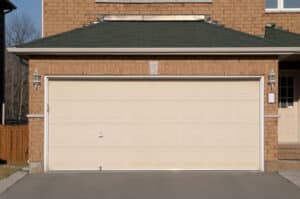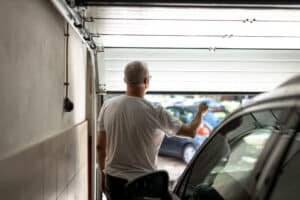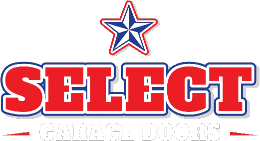Which Garage Door Opener Is Best For Quiet Operation In Parker’s Multi-Level Homes?
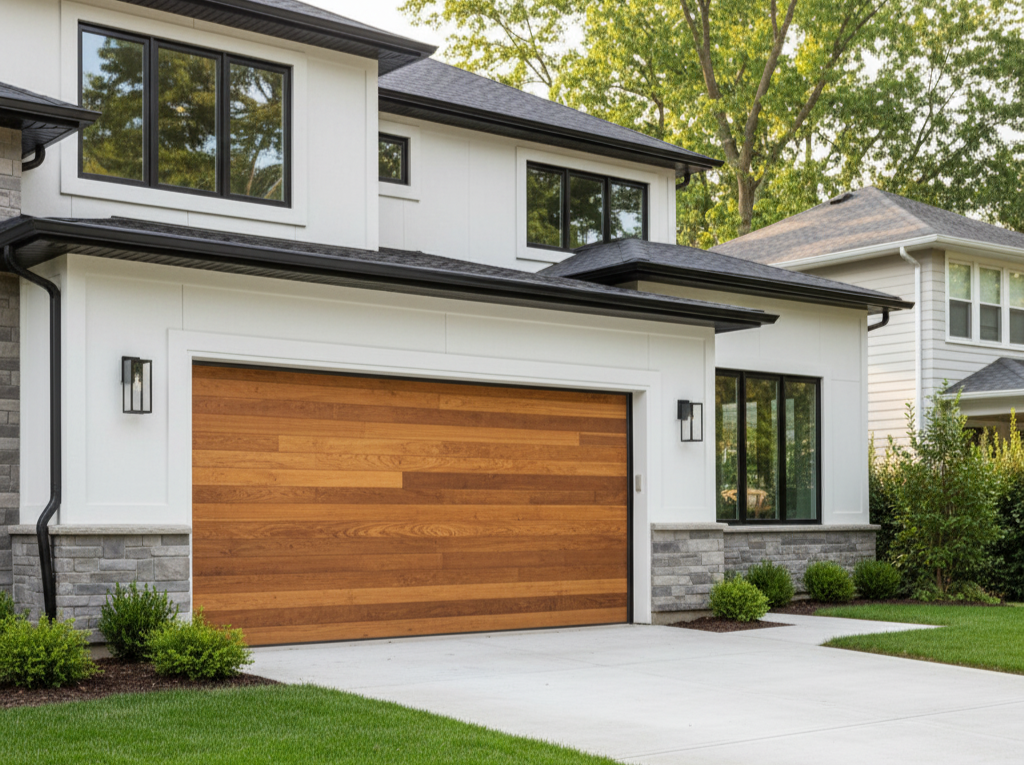
Table of Contents
- Where Garage Door Noise Really Comes From
- Drive Types Compared (with Real-World Noise Behavior)
- Quiet Features That Actually Matter
- When A Tune-Up Beats Replacement
- Installation Considerations in Multi-Level Homes
- How We Recommend a Quiet Setup (Simple Path)
- Ready To Make It Quiet?
- FAQs
If bedrooms sit above or beside your garage, every start, stop, and rattle can carry straight into your evening. Parker’s cold snaps also thicken lubricants and stiffen rollers, so a door that seemed “fine” in summer can sound louder in winter.
The good news is that you don’t have to live with it. Below, we’ll explain where the noise really comes from, which opener types are truly quieter, the few features that make the biggest difference, and when a simple tune-up is the real fix.
Want a quick, local recommendation? Tell us about your setup and we’ll suggest a quiet solution that fits your home—then handle garage door opener installation or a garage door repair tune-up for you.
Where Garage Door Noise Really Comes From
Most homeowners blame the motor, but the bigger culprit is structure-borne vibration. A loud drive or unbalanced door shakes the rail and mounting points, which transfers rumble into joists and shared walls, exactly where upstairs noise lives.
Airborne motor sound matters too, just less than many think. Add Parker’s freeze and thaw cycles (stiff grease, flat-spotted steel rollers, dry hinges) and minor vibrations get amplified into thumps and hums. Translation: the quietest opener still needs a smooth, balanced door to stay quiet.
Drive Types Compared (with Real-World Noise Behavior)
| Drive Type | Noise & Vibration | Best Use Case | Trade-Offs |
| Belt-Drive (DC, soft-start/stop) | Very low airborne noise; reduced vibration through smoother ramps | Most multi-level Parker homes | Slight cost premium; belt wears slowly over years |
| Wall-Mount / Jackshaft | Lowest structure-borne noise when the door is balanced (motor off the ceiling) | Homes with torsion spring & adequate side room | Requires side room and compatible hardware; installation specifics matter |
| Chain-Drive | Noticeably higher vibration and rattle | Detached/utility garages; tight budgets | Durable but noisier indoors; transmits into framing |
| Screw/Direct Variants | Medium; smoother than chain, not as quiet as belt/jackshaft | Select models/climates | Some are temperature-sensitive in winter |
For most Parker multi-level homes, a belt-drive DC opener with soft-start/stop is the safest, quietest pick. If you have torsion springs and side room, a wall-mount/jackshaft removes the motor and rail from the ceiling entirely—often the quietest path, provided the door is well balanced.
Quiet Features That Actually Matter
- DC Motor with Soft-Start/Stop: Smooth acceleration/deceleration limits shake at the beginning and end of travel—the loudest moments.
- Isolation at Mounting Points: Rubber isolation pads and a rigid, one-piece rail reduce vibration transfer into joists and headers.
- Nylon Rollers & Healthy Hinges: Nylon rolls quieter than steel; fresh bearings and proper hinge lubrication curb chatter.
- Verified Door Balance: If springs are out of spec, the opener strains and everything gets louder. Spring work is pro-only.
- Battery Backup & Smart Controls (Practical Adds): Battery helps during winter outages; smart controls let you close quietly from upstairs without repeated cycles.
When A Tune-Up Beats Replacement
If your opener isn’t ancient, a thoughtful noise-focused tune-up can transform it. Common fixes include swapping steel rollers for nylon, correcting track alignment, tightening or isolating the header bracket, and performing a professional balance check on torsion springs.
Many “loud opener” calls end up being “loud door” issues—solve those first and even a mid-range belt drive can run whisper-quiet.
Safety Note: Torsion/extension springs store significant energy. Balance adjustments and spring service are technician-only tasks.
Installation Considerations in Multi-Level Homes
- Joists & Framing: We look at joist direction and mounting surfaces to place isolation where it helps most.
- Headroom & Side Room: A jackshaft needs side room next to the torsion shaft; low headroom can favor belt drives with low-profile rails.
- Power & Wi-Fi: Confirm a dedicated outlet and reliable signal for smart features; we can advise on extenders if needed.
- Winter Performance: We use lubricants that behave in cold temps and set limits/force so winter stiffness doesn’t spike noise.
How We Recommend a Quiet Setup (Simple Path)
- Listen & Inspect: Describe what you hear and when; we check rollers, hinges, alignment, balance, and existing opener mounts.
- Choose The Quiet Path: If the door is healthy, we’ll recommend a belt-drive DC or jackshaft based on your space and goals. If the door needs help, we’ll outline a tune-up first so your new (or current) opener can actually run quiet.
- Install & Isolate: We mount with isolation in mind, set soft-start/stop, and verify smooth travel under load.
- Prove It: Final test from your upstairs hallway or bedroom so you can hear the difference where it matters.
Ready To Make It Quiet?
Tell us about your home and the noise you hear—we’ll recommend a belt-drive DC or jackshaft setup that fits your space, or start with a repair tune-up if that’s the faster, cheaper win. Schedule a service, and we’ll handle the rest.
FAQs
Is a belt drive always quieter than chain?
Indoors, yes—especially under bedrooms. The belt, DC motor, and soft-start/stop reduce both motor hum and vibration spikes.
Is a wall-mount/jackshaft the quietest option?
Often, if your door is balanced and you have the required side room. Moving the motor off the ceiling removes a major vibration source above living spaces.
Do nylon rollers really make a difference?
They do. Nylon reduces track noise and removes the “steel-on-steel” tone that carries into framing.
My opener is new but still loud. Why?
Usually, it’s a door issue: imbalance, worn rollers, binding tracks, or rigid mounts. Fix those and the opener sounds new again.
Do I need battery backup in Parker?
It’s a smart add for winter outages. It won’t change loudness directly, but it prevents hard slams or incomplete cycles during power blips.
REQUEST A QUOTE
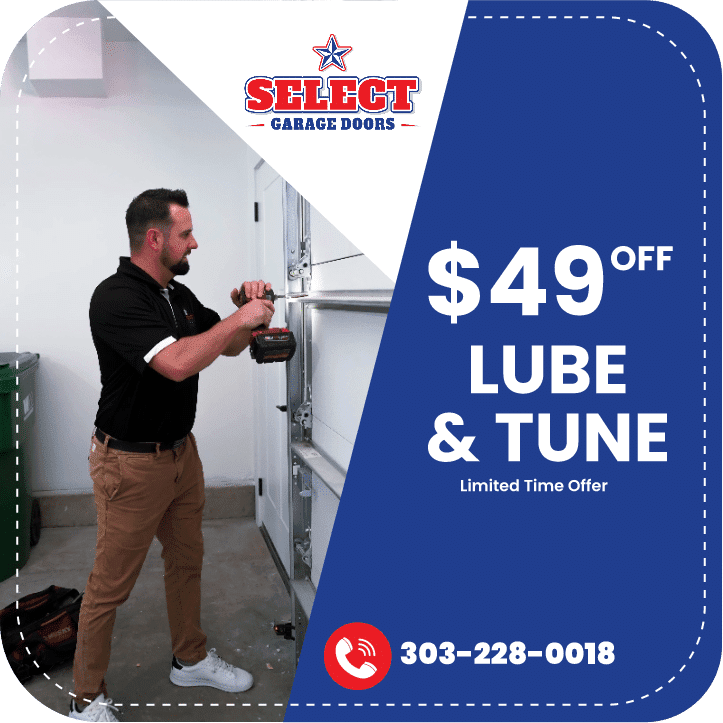
Our Services
Service Areas
Service Areas
WE SERVICE COLORADO SPRINGS, PARKER, LAKEWOOD AND SURROUNDING AREAS


